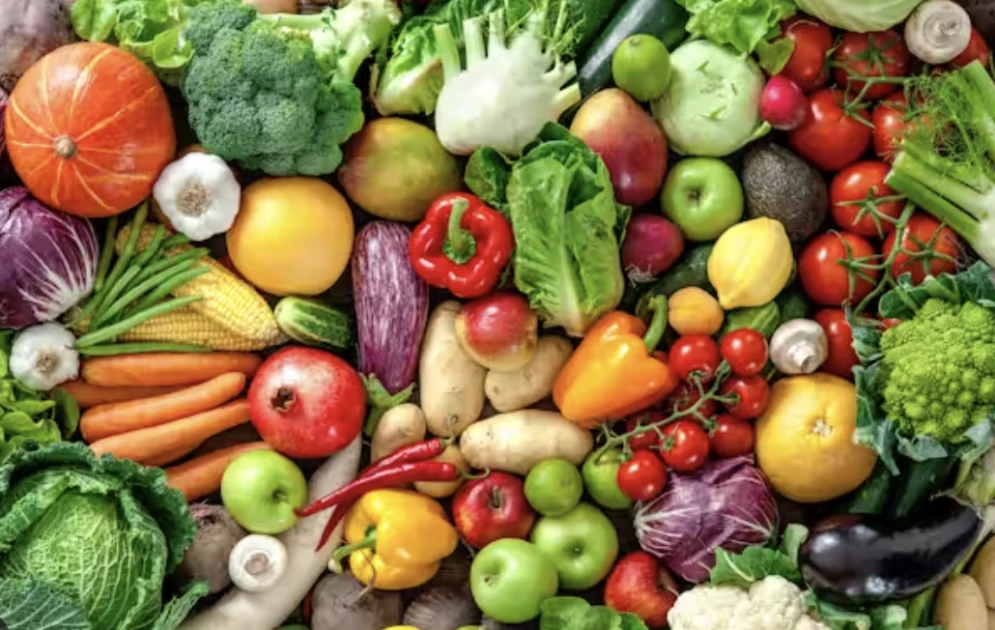Africa’s agricultural output grows as hunger and malnutrition remain alarmingly high - Report


Audio By Vocalize
Amid both progress and persistent challenges, leaders from across the continent gathered to launch the Africa Food Systems Report (AFSR) 2025, unveil new catalytic partnerships, and chart a course for resilient, equitable food systems capable of nourishing 1.4 billion people.
Unveiled by AGRA, the AFSR 2025—formerly the Africa Agriculture Status Report—highlights Africa’s paradox: while agricultural output has grown faster here than anywhere else globally (4.3% annually since 2000), hunger and malnutrition remain alarmingly high, with 1 in 3 children stunted and over 300 million undernourished in 2023 alone.
“Africa cannot afford piecemeal progress,” said Alice Ruhweza, President of AGRA. “We must seize this moment to scale inclusive innovations, attract investment, and put farmers, youth, and small businesses at the center of our food systems.”
The food systems report highlights that countries with coherent, accountable governance show stronger nutrition and food security outcomes. Fragile states face food insecurity rates above 80%.
Rapid population growth, urbanization, and climate shocks were also found to be reshaping food supply and demand. The report urges urgent adoption of climate-smart and regenerative agriculture.
In addition, it shows that upto 30% of food is lost post-harvest due to poor roads, storage, and cold chains. Closing the infrastructure gap could increase farmer incomes by up to 40% as less than 5% of commercial lending reaches agriculture.
“Africa cannot feed its future with the tools of the past,” said Dr. John Ulimwengu, lead author of the AFSR 2025. “This year’s report is a roadmap for transformation — grounded in African leadership, innovation, and systems thinking.”
At the summit, AGRA announced a set of initiatives aligned with the report’s findings, aimed at catalyzing inclusive growth, unlocking private capital, and elevating youth and SMEs.
In partnership with the Africa Enterprise Challenge Fund (AECF), AGRA launched Africa100, a catalytic initiative targeting 100 anchor SMEs in 12 countries—firms that connect smallholder farmers to markets, create rural jobs, and drive resilience.
AGRA is working with the governments of Ethiopia, Malawi, Rwanda, Sierra Leone, and Tanzania to build country-specific pipelines of bankable projects aimed at advancing food security, climate resilience, and youth employment.
In collaboration with African First Ladies and the Rockefeller Foundation, AGRA also announced a new School Meals Coalition that links local farmers with school feeding programs—ensuring nutritious meals while creating reliable markets.
“Our message is clear,” said Ruhweza. “Africa’s food future is not about producing more, but producing better—through smarter finance, stronger governance, and empowered communities.”


Leave a Comment